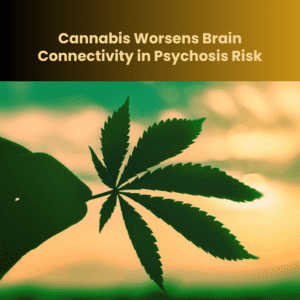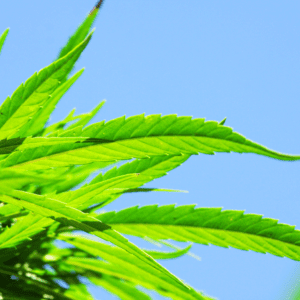Cannabis May Offer Relief for Reducing or Stopping Opioid Use

USC Study Finds Cannabis Can Help Manage Withdrawal Symptoms, Cravings, and Anxiety After Withdrawal
Los Angeles, CA — A groundbreaking study from the University of Southern California (USC) reveals that cannabis may offer significant benefits for individuals trying to manage opioid withdrawal symptoms, cravings, and anxiety. The research, led by Sid Ganesh, a PhD student at USC’s medical school, provides new insights into how cannabis can be a valuable tool in opioid use disorder treatment.
Key Findings from the Study
The study, recently published in Drug and Alcohol Dependence Reports, involved interviews with 30 participants who were using opioids, cannabis, and injecting drugs. These individuals were receiving services from a methadone clinic and a syringe exchange in Los Angeles. The findings indicate that cannabis is considered a helpful adjunct to managing opioid use, partly due to its increased accessibility in recent years.
Participants reported using cannabis to navigate some of the most challenging phases of opioid withdrawal. According to Ganesh, qualitative research like this is crucial for understanding the lived experiences of those dealing with substance use issues. “Fifty-seven percent of participants were unhoused or unstably housed, and 70% had incomes below $2,100 a month,” Ganesh explained. “You need to understand what’s going on in people’s lives.”
Cannabis as a Harm Reduction Tool
The study is particularly noteworthy because it was funded by the National Institute on Drug Abuse (NIDA), which has traditionally focused on the potential harms of cannabis rather than its benefits. Ganesh and her colleagues found that cannabis was used by participants to manage withdrawal symptoms and to reduce cravings and anxiety after opioid use. One participant described cannabis as essential for overcoming the initial urge to get high, saying, “When you’re smoking weed it gets you over the hump and that urge to get high for the first time.”
While some experts, like Ryan Marino, an addiction medicine specialist at Case Western Reserve University, acknowledge that cannabis may benefit some individuals, they emphasize that the overall impact on opioid use disorder remains unclear. “Our drug supply is so toxic, overdoses have continued to increase regardless,” Marino said. He noted that cannabis might help some patients but stresses that more research is needed to determine its efficacy on a broader scale.
Challenges and Future Research
The USC study highlights the urgent need for more comprehensive research into the role of cannabis in treating opioid use disorder. Federal restrictions have historically impeded large-scale clinical trials examining cannabis’s potential benefits. However, a small-scale trial from 2015 did suggest that dronabinol, a synthetic form of THC, could help ease withdrawal symptoms and improve treatment adherence.
Ganesh’s research underscores that access to a variety of harm reduction tools, including cannabis, is crucial for people struggling with opioid addiction. The study also highlights a shift in attitudes towards cannabis, with some treatment programs beginning to view it as a potential asset rather than a barrier.
Implications for Treatment and Policy
The findings from USC’s study could have significant implications for addiction treatment and policy. As attitudes towards cannabis continue to evolve, there is potential for cannabis to be integrated more formally into harm reduction strategies. This shift could provide new avenues for supporting individuals in their recovery journey.
Marino envisions a future where cannabis is accepted as a legitimate component of treatment for opioid use disorder, rather than a disqualifying factor. “If it helps one person to not use or not have an overdose, I mean, that’s worth more than any amount of evidence. Honestly, a life saved is a life saved,” Marino said.
As research and policy developments continue, the role of cannabis in managing opioid addiction will remain a critical area of study, with the potential to transform approaches to addiction treatment and harm reduction.











